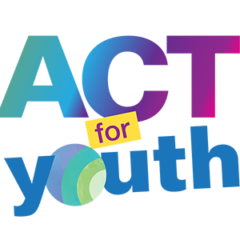Adolescence: the period of rapid physical, psychological, and social development that begins with puberty. There is no scientific consensus on when adolescence ends. We might say that it ends when most brain development is complete in the mid-twenties, or that it ends when a person is both fully grown and able to fulfill the roles a society assigns to adults. To a certain extent, adolescence is culturally defined.
Endocrine disruptors: chemicals found in many products that can interfere with glands and hormones, causing harmful effects to health and development.
Hormones: chemical “messengers” produced in glands (including ovaries and testes) that control many functions in the body.
Hypothalamus: the region of the brain that regulates or contributes to many key functions in the body, such as body temperature, appetite, sexual behavior, and emotional responses (see Healthline for more information). The hypothalamus produces certain hormones that trigger the pituitary gland to secrete other hormones, including those that launch puberty.
Pituitary gland: the “master gland” that produces hormones that regulate the action of other glands. The pituitary gland is connected to the base of the brain.
Puberty: the period when the body grows to its adult size and proportions and the capacity to reproduce is developed. Puberty also launches the lengthy period of brain development that characterizes adolescence. Puberty is biological and universal.
Social and Emotional Learning: a student-centered approach that emphasizes building on students’ strengths, experiential learning, giving young people voice in the learning process, and positive relationships with adults.
